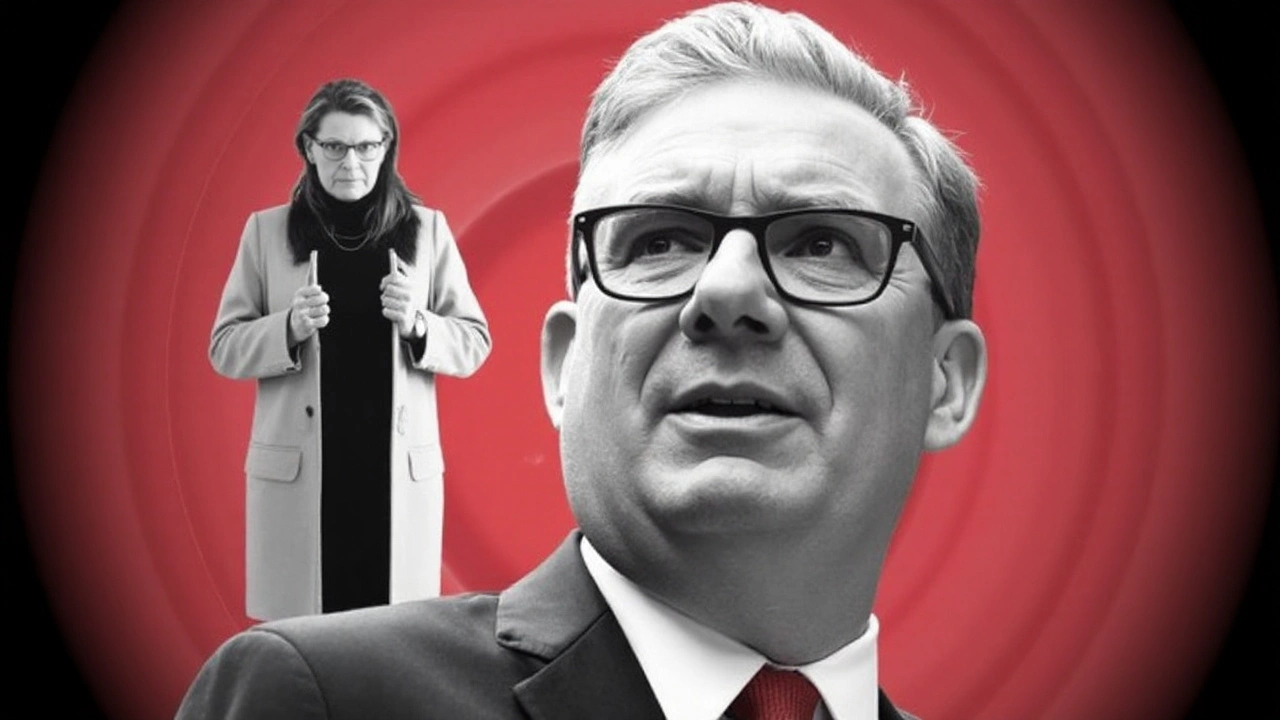Angela Rayner Resignation: What It Means for UK Politics
When Angela Rayner stepped down, it sent a clear signal that the Labour Party is at a crossroads. Fans of politics, like fans of hockey, love a good shake‑up because it promises change. In this article we break down why she quit, what it means for the party, and how it could affect the next election.
Why Rayner Walked Away
Rayner cited personal reasons and a desire to focus on family, but insiders point to growing tension inside the shadow cabinet. Over the past year, policy disagreements and a bruising leadership battle have left her feeling sidelined. The decision also lines up with a broader push for fresh faces after a string of disappointing polls. Think of it like a team benching a veteran to give younger talent a chance.
Impact on the Labour Party
The resignation opens a gap in the party’s frontbench, especially on issues like workers' rights and social justice where Rayner had a strong voice. Sir Keir Starmer now has to reshuffle his team quickly, which could either stabilize the party or deepen internal rifts. Many wonder if a new deputy leader will bring a different tone—maybe more moderate, maybe more radical. The move also resets the narrative for the upcoming local elections, giving opponents a chance to claim chaos.
For everyday voters, the big question is whether this shake‑up will make Labour look more united or just highlight its internal fights. Historically, leadership changes can swing public opinion, either boosting enthusiasm or fueling doubt. If the new appointee can connect with grassroots supporters, it might patch the damage. If not, the party could see a dip in support just before the next general election.
Meanwhile, other parties are watching closely. The Conservatives will likely spin this as evidence that Labour can’t hold its own, while the Greens might try to attract disaffected progressive voters. In politics, a single resignation can ripple across the whole arena, much like a key player leaving a hockey team changes the whole lineup.
In short, Rayner’s resignation is more than a personal decision—it’s a turning point for Labour’s strategy, messaging, and morale. Keep an eye on the next cabinet reshuffle, the statements from party insiders, and how the media frames the story. Those clues will tell you whether the party is about to rally or risk further fragmentation.
Angela Rayner resignation rocks Starmer government: rapid reshuffle exposes Labour rifts
Deputy Prime Minister Angela Rayner quit after an ethics probe found a breach of the ministerial code over tax on a flat purchase, forcing Keir Starmer into a fast cabinet reshuffle. David Lammy becomes Deputy PM, Yvette Cooper moves to Foreign Secretary, and Shabana Mahmood takes the Interior brief. The fallout tests party unity and Starmer’s authority one year after Labour’s landslide.
View More